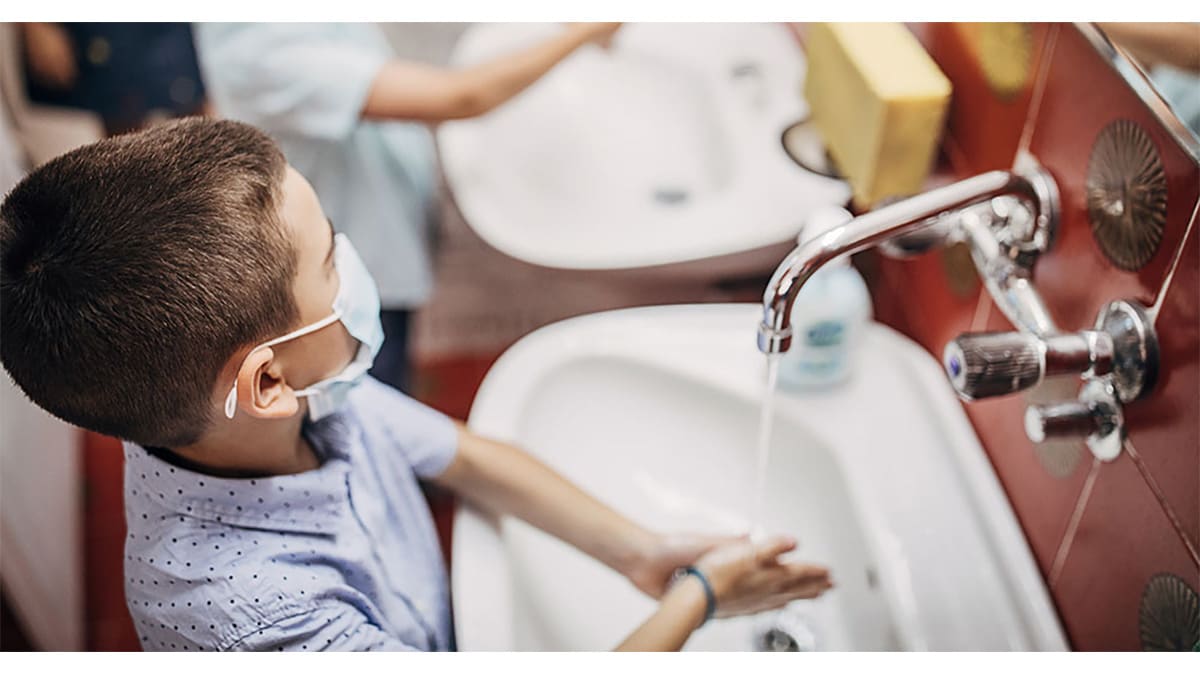Key points
- Caring for young children means having close contact, and early care and education (ECE) providers can take many steps to keep infections from spreading.
- Strategies such as hand hygiene, cleaning, sanitizing, disinfection, and ventilation can help ECE providers protect the health of children in their care as well as themselves and their own families.

Overview
By carefully planning and following guidance, ECE programs can prevent the spread of infectious diseases. ECE providers can also teach children skills about staying healthy and keeping safe from germs. Many parents get great support from ECE providers around teaching children toileting, hand washing, and covering coughs and sneezes.
Learn about tools and resources to prevent the spread of infections in your ECE program.
Prevention tools and resources
- Animals in Schools and Childcare
- Coughing and Sneezing
- Diaper Changing Steps for Childcare Settings
- How to Clean, Sanitize, and Store Infant Feeding Hygiene Items – Frequently Asked Questions
- Hand Hygiene in School and Early Care and Education
- Personal Hygiene
- Protecting Your Early Care and Education Program from COVID-19 and Other Infections
- Supporting the Child Vaccination Decision Process—Better Kid Care | Penn State Extension
- Vaccines for Children
- Improving Ventilation in Buildings
- How to Clean and Disinfect Early Care and Education Settings
- Partner Vaccination Toolkit for early care and education providers
Information for specific diseases
- Direct Service Providers for Children and Families: Information for Home Visitors
- Flu Vaccines are Important for Young Children
- Emergency Warning Signs of Flu in Children
- Giardia Infection Prevention and Control
- Preventing Shigella Infection in Early Care and Education Facilities
- Preventing and Controlling Crypto at Childcare Facilities
